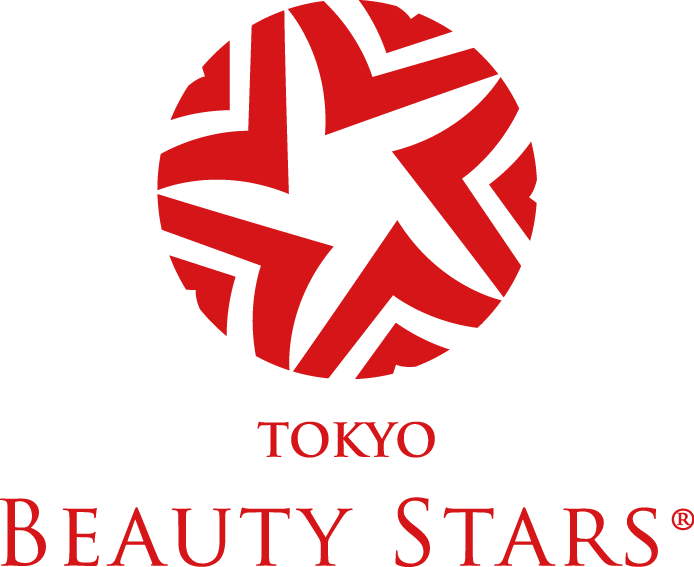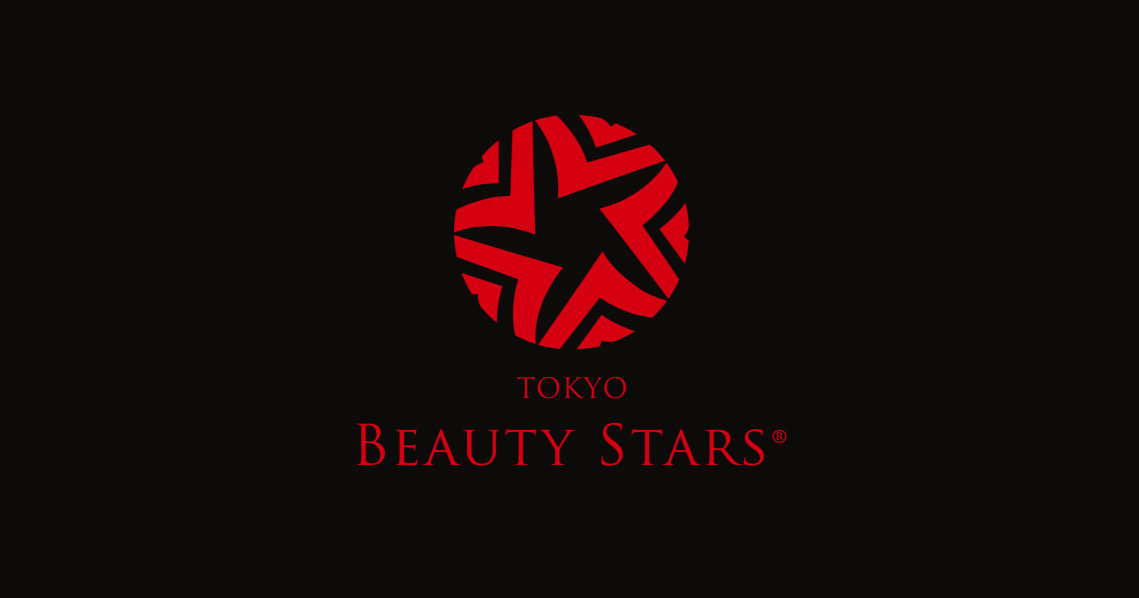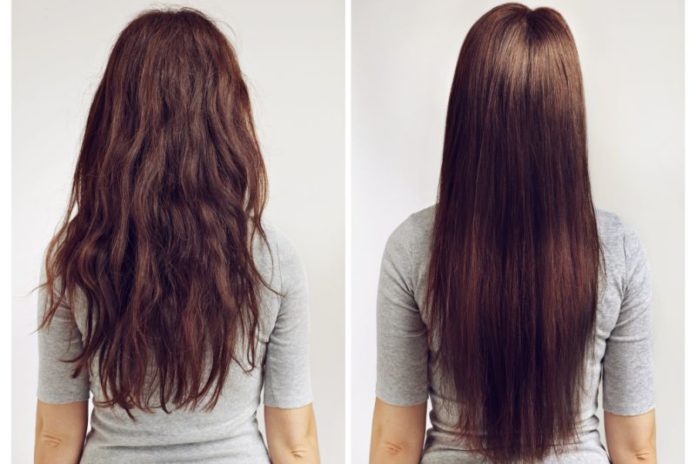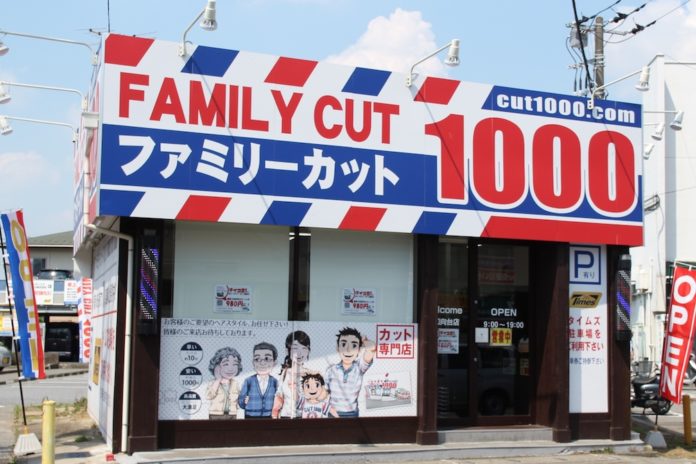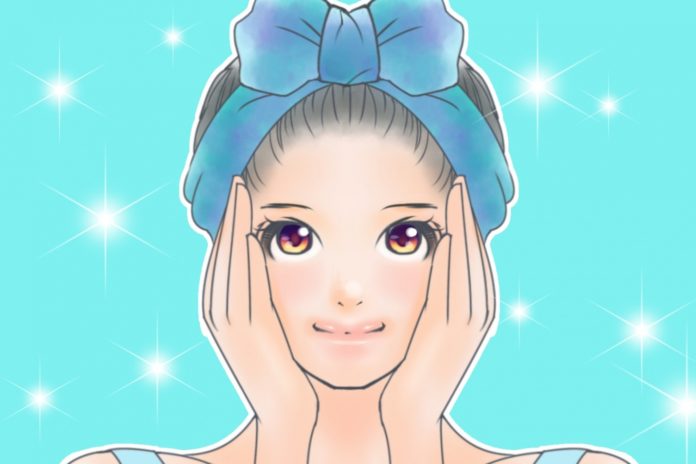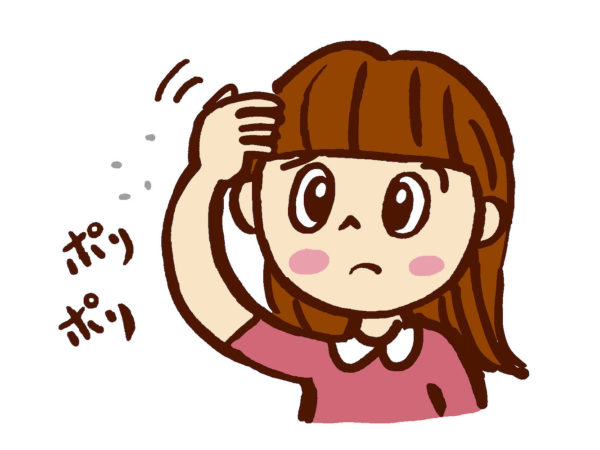 In our last hair care blog, we talked about the different types and causes of dandruff. Before we dive into how to get rid of dandruff, how about a quick recap:
In our last hair care blog, we talked about the different types and causes of dandruff. Before we dive into how to get rid of dandruff, how about a quick recap:
・Dandruff is dead skin that needs exfoliation
・Losing your scalp sebum and bacteria balance increases dandruff
・Know your dandruff type: is it dry or oily?
In this blog, we will be sharing dandruff advice received from consultations with top Tokyo salon owners. We will also be introducing professional dandruff shampoos that are exclusive products, and you cannot buy them elsewhere on the market. Let’s find out why you still have dandruff despite washing your hair every day.
Stop Shampooing So Much!
Are you worried about dandruff? Do you shampoo often? You may be shampooing more than necessary. While it’s true that shampooing cleanses the hair and scalp from dandruff, too much of it can actually worsen your dandruff problem.
We understand wanting to get rid of dandruff from your hair. However, the more you shampoo, the more sebum is lost. As a healthy sebum level moisturizes and prevents bacterial infection, stripping it from your scalp causes your skin to dry up. The result? More dandruff. If this sounds familiar, it’s because the same effects of over-cleansing can also be observed in facial skin care.
If you have dry scalp or dandruff, try shampoo less. Of course, optimal hair washing frequency depends on your ethnicity, as well as scalp and hair type. For instance, Japanese nowadays often find it best to routinely shampoo once a day. But there really is no right answer to how often you should shampoo. Regardless, if you have a lot of dandruff, we recommend slowly reducing the frequency of hair washing until you discover a routine that works. You may find that a couple shampoos a week is enough to keep your hair feeling fresh and dandruff-free.
On a side note, did you know Japanese used to only shampoo once or twice a week only a little over 30 years ago? A TV commercial by a well-known cosmetic company in the 1980s kick-started a new ‘morning shampoo’ boom and culture. It was so well received that high school girls began skipping breakfast to shampoo before heading to school in the morning! Rinse in shampoo (shampoo with conditioner) sold very well in the market at that time. It’s interesting to see how beauty advertising can affect hair care trends.
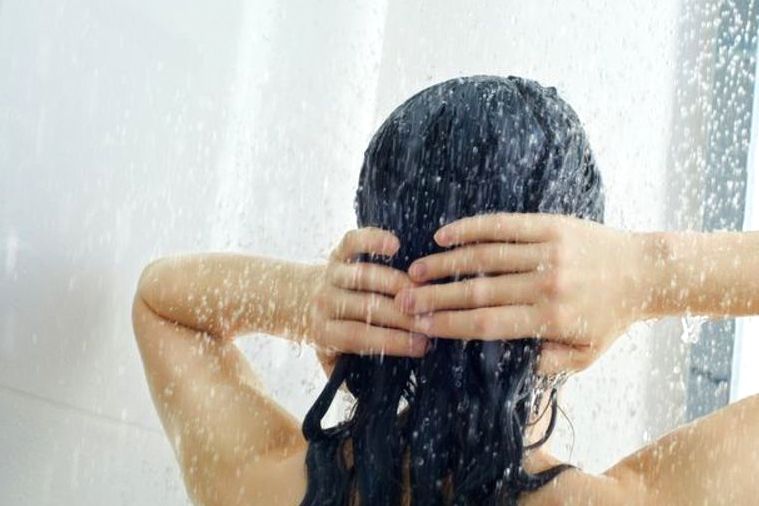
Avoid Buying Harsh Shampoos
Shampoo schedule aside, your hair wash products can also cause dandruff. If you have dandruff and are using shampoo commercially sold at pharmacies or supermarket, chances are they may contain harsh detergents… and it may be a good time to think about alternatives. In general, commercially available shampoo that lathers well tends to be overly drying, resulting in problems such as dry and frizzy hair and flaky itchy scalp. With the wrong shampoo, a single wash can strip away all the oil, moisture, and protein necessary for maintaining a happy scalp.
Strong detergents can excessively stimulate the scalp and hair, accelerating your scalp’s skin cycle and dead skin or dandruff production. As harsh shampoo can also cause drying and severely damaging for the hair, a mild, low stimulus alternative may be a better option for scalp and hair health.
So how do I find a mild shampoo? Shampoos can be categorized into 3 different types depending on the cleansing ingredients: “alcohol-based”, “soap-based”, and “amino acid-based”. Alcohol-based shampoos often use petroleum-based surfactants which are extremely drying. This is highly irritating and damaging for both hair and scalp. While most soap-based shampoos containing softer natural cleansing ingredients, they are also not ideal. This is as soap-based shampoos tend to dehydrate the scalp, turning hair brittle. Amino acid-based shampoos, on the other hand, are extremely gentle to the scalp. What’s more, they are often characterized by their more-than-adequate cleansing and high moisturizing power.
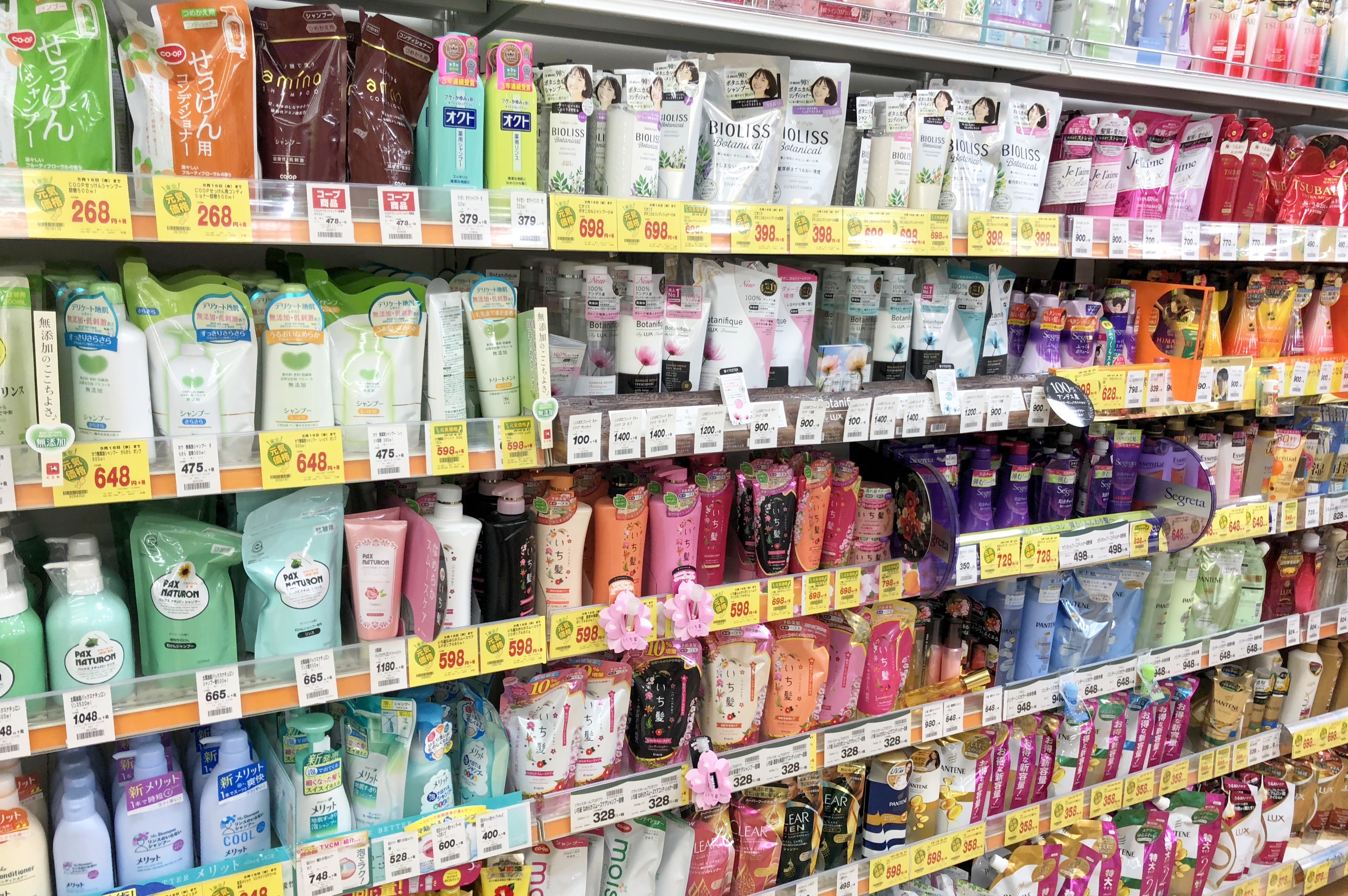
Try Exclusive Dandruff Shampoos
If you don’t already know, we carry amino acid shampoos and mild scalp cleansers at our TBS online store. Our products are professional quality and recommended for those with dandruff prone scalp.
This Amino Acid Shampoo does not use any of the synthesized chemical surfactants, like petroleum and sulfuric acid, which most commercial shampoos contain. Only the amino acid-based surfactants are used that are gentle to the skin, derived from natural ingredients. The substances protect the scalp from irritation and dryness, and its slightly alkaline quality softens the cells of the scalp, encouraging healthy turnover.
We provide Free Online Reservations at English-Speaking hair salons in Tokyo with Exclusive Deals. Check our positive Customer Reviews!
N Brand was uniquely developed by the specialists of curly hair but this product also works for dandruff. Since the product only contains environmentally friendly botanical ingredients, it lifts and washes off only the oil and dirt from the scalp, regulating its turnover cycle which regenerates the scalp.
We provide Free Online Reservations at English-Speaking hair salons in Tokyo with Exclusive Deals. Check our positive Customer Reviews!
Dry Your Hair Thoroughly with a Hair Dryer
Last but not least, after-shampoo care is equally important. Damp hair is prime conditions for bacteria and fungi growth. And we all know a bacterial or fungal infection can damage the scalp, worsening the symptoms of dandruff. After shampooing, be sure to pat dry your hair and scalp with a clean towel and dry thoroughly using a hairdryer. Remember to also wash your towel and pillowcase frequently, as bacteria and fungi from towel and pillows can also spread to the hair and scalp. For those with dry skin or sensitive skin, switching to a non-scented and hypoallergenic detergent can help reduce irritation.
To put it shortly, get rid of dandruff by shampooing less, using gentle shampoos, and drying your hair properly!
Having issues with your hair and want to receive hair care advice from professional stylists? Feel free to get in touch! We will be more than happy to provide expert advice on your topic of choice in our upcoming hair care blogs: contact@tokyobeautystars.jp.
If you did not catch our last post on what causes dandruff and itchy scalp, you can check it out here:
Why Do I Have Dandruff and Itchy Scalp?
